Introduction
Bollywood has always been a powerful medium for storytelling, often reflecting social and political sentiments. Recently, a clip from the 2004 blockbuster Main Hoon Naa, starring Shah Rukh Khan and Suniel Shetty, has resurfaced online, sparking intense discussions. The scene, which features a heated exchange between the two characters over India-Pakistan relations, has gained traction amid current geopolitical tensions.
Why Is This Clip Trending?
The viral video showcases a dramatic confrontation between Major Ram Sharma (Shah Rukh Khan) and Raghavan Dutta (Suniel Shetty). In the scene, Major Ram advocates for peace, saying, “Pakistan bhi humara saath de raha hai” (Pakistan is supporting us). However, Raghavan fiercely disagrees, stating, “Pakistan ke saath dosti nahi hogi Ram, sirf jung hogi” (There will be no friendship with Pakistan, only war).
This dialogue has reignited debates on Bollywood‘s portrayal of India-Pakistan relations, with many now viewing Suniel Shetty‘s character as more realistic in hindsight
Social Media Outrage & Support
Following recent geopolitical tensions, many users have revisited the film‘s narrative, arguing that Suniel Shetty‘s character, Raghavan, was ahead of his time in predicting hostility between the two nations. Some social media posts suggest that Bollywood’s earlier attempts at soft diplomacy now seem unrealistic, given current events.
Conversely, others argue that Bollywood should continue promoting peace, emphasizing that films like Main Hoon Naa were meant to foster unity rather than division. A section of the audience believes that Shah Rukh Khan‘s character, Major Ram, represented an idealistic vision of harmony that should still be pursued.
Bollywood’s Influence on Political Narratives
Bollywood has historically played a crucial role in shaping public sentiment on national and international issues. Films often reflect the political climate of their time, subtly influencing how audiences perceive India-Pakistan relations, patriotism, and diplomacy.
During the early 2000s, Bollywood leaned towards soft diplomacy, portraying Pakistan in a positive light through films like Veer-Zaara (2004) and Main Hoon Naa (2004). These movies promoted cross-border friendships, emphasizing peace and unity. However, in recent years, Bollywood has shifted towards nationalistic storytelling, with films like Uri: The Surgical Strike (2019) and Shershaah (2021) reinforcing themes of military strength and national pride.
The Viral Clip’s Impact on Public Discourse
The resurfacing of the Main Hoon Naa clip has reignited debates on Bollywood‘s responsibility in shaping narratives. Many social media users argue that Suniel Shetty‘s character, Raghavan, was ahead of his time in predicting hostility between India and Pakistan. His dialogue, “Pakistan ke saath dosti nahi hogi Ram, sirf jung hogi” (There will be no friendship with Pakistan, only war), has been widely shared, with users claiming it resonates more strongly today than it did in 2004.
Conversely, others believe that Bollywood should continue promoting peaceful narratives, emphasizing that Shah Rukh Khan’s character, Major Ram, represented an idealistic vision of harmony that should still be pursued.
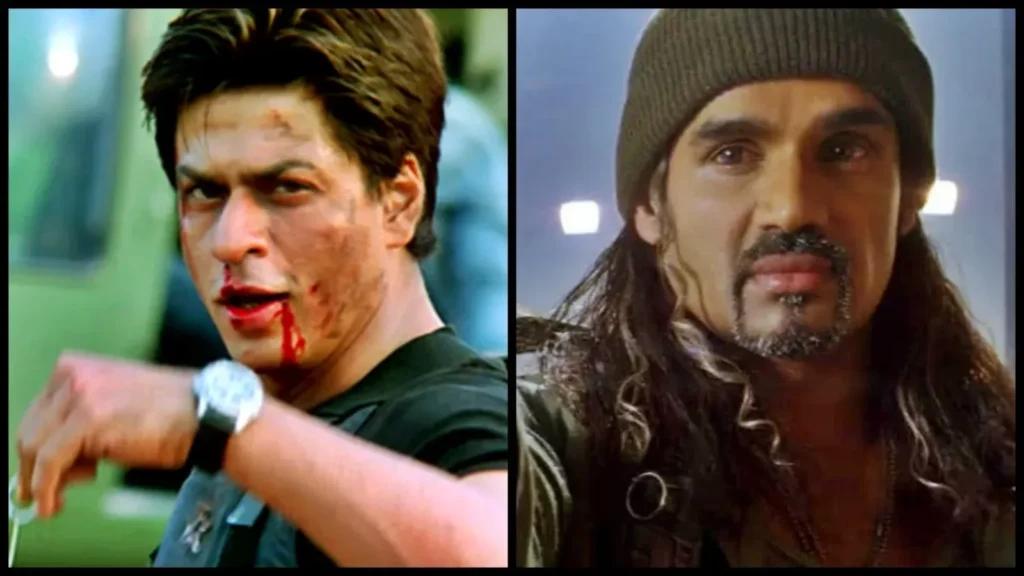
Bollywood’s Shift in Storytelling: From Peace to Patriotism
Over the decades, Bollywood‘s portrayal of India-Pakistan relations has evolved. While earlier films focused on diplomacy and unity, recent movies have leaned towards patriotism and defense preparedness. This shift is largely influenced by real-world events, including cross-border conflicts and geopolitical tensions.
For instance, films like Border (1997) and LOC Kargil (2003) depicted military bravery, while My Name is Khan (2010) attempted to humanize Muslim identity in a post-9/11 world. The Main Hoon Naa clip’s resurgence highlights how audience perspectives change over time, with many now questioning Bollywood‘s past narratives
Public Sentiment & Bollywood’s Responsibility
The viral clip has sparked discussions on Bollywood‘s responsibility in shaping narratives. Some argue that films should promote peace, while others believe that realism should take precedence over idealism. The debate highlights how cinema is not just entertainment—it’s a powerful tool for shaping public discourse.
Conclusion: Bollywood’s Lasting Impact
Bollywood‘s influence on public opinion is undeniable. Whether it’s fostering peace or reinforcing patriotism, films have the ability to shape perspectives, spark debates, and even influence policy discussions. As audiences continue to revisit past films through the lens of present-day realities, Bollywood‘s role in shaping narratives will remain a topic of discussion.

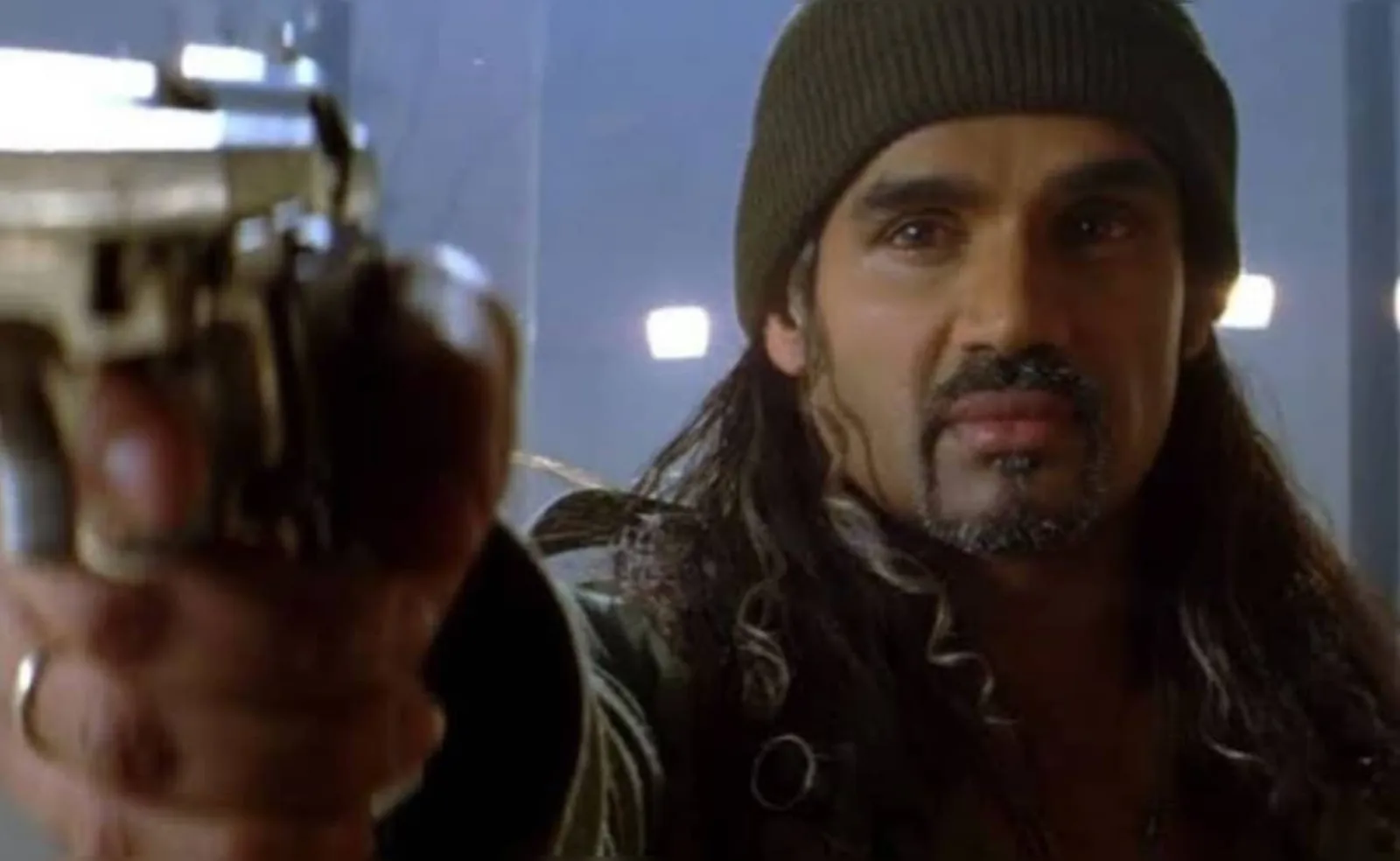



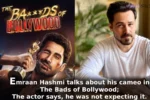
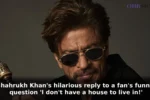
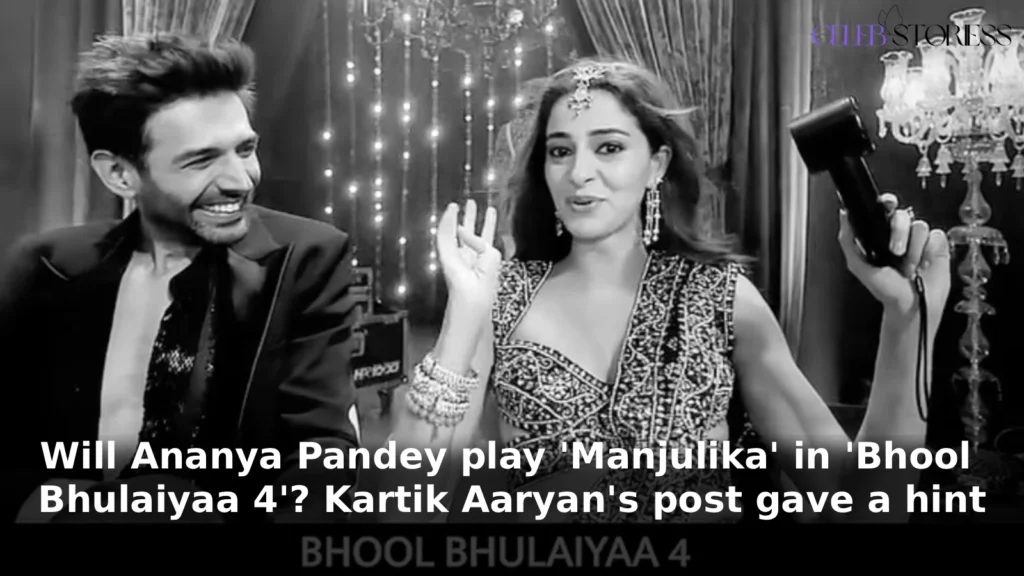


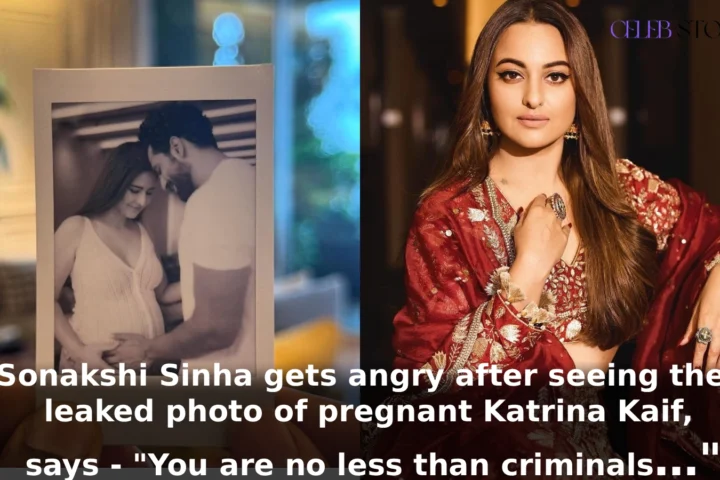
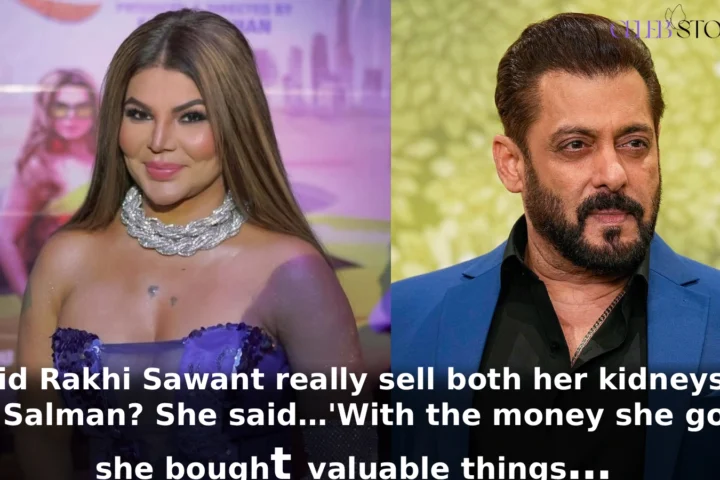
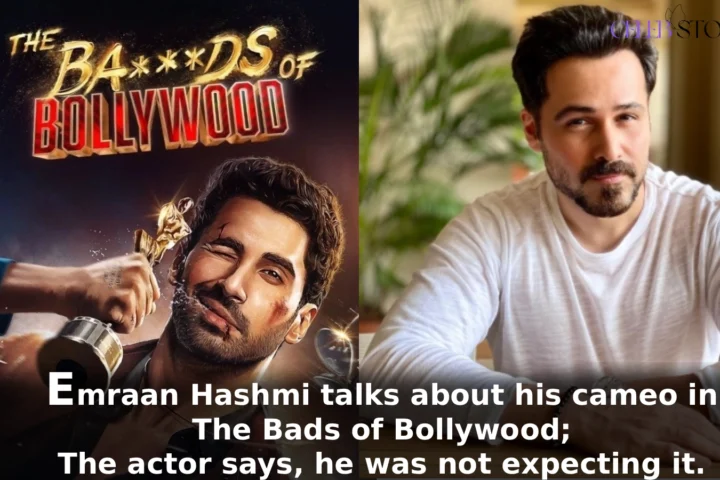
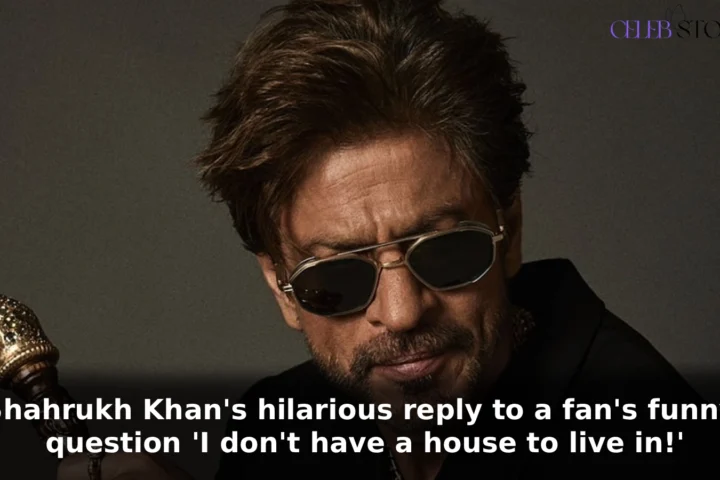

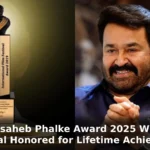
Leave feedback about this